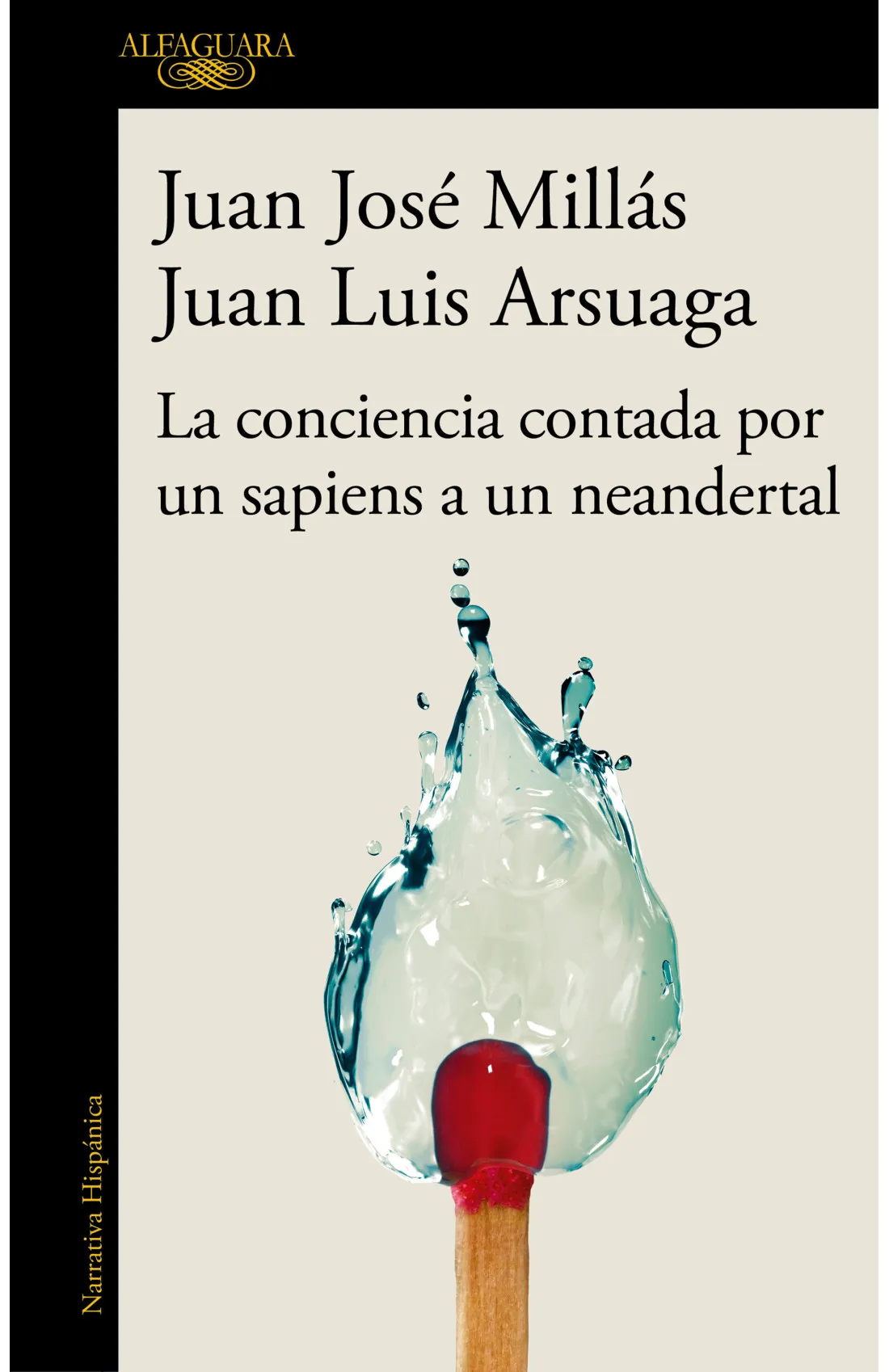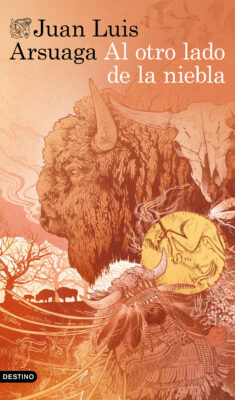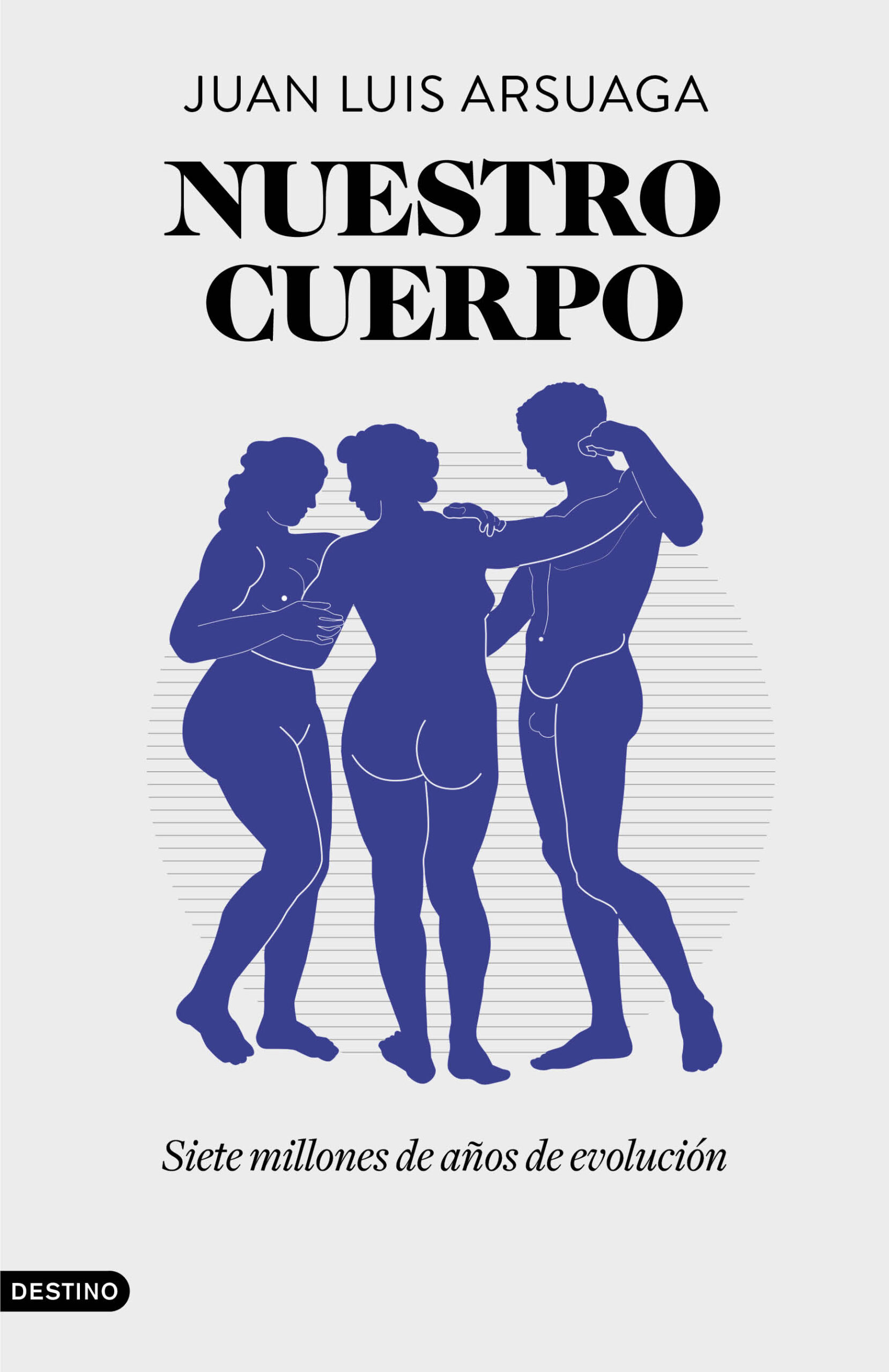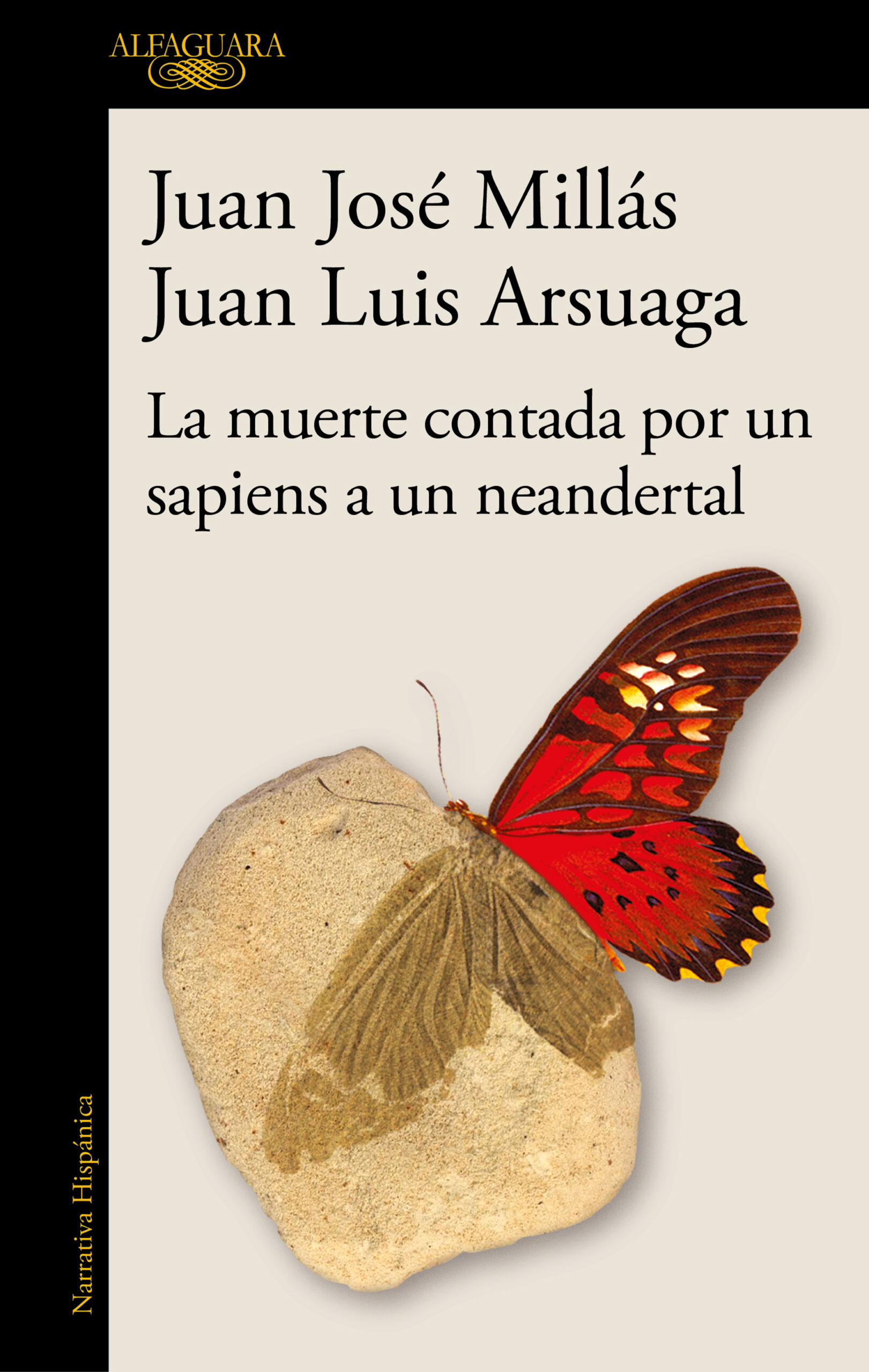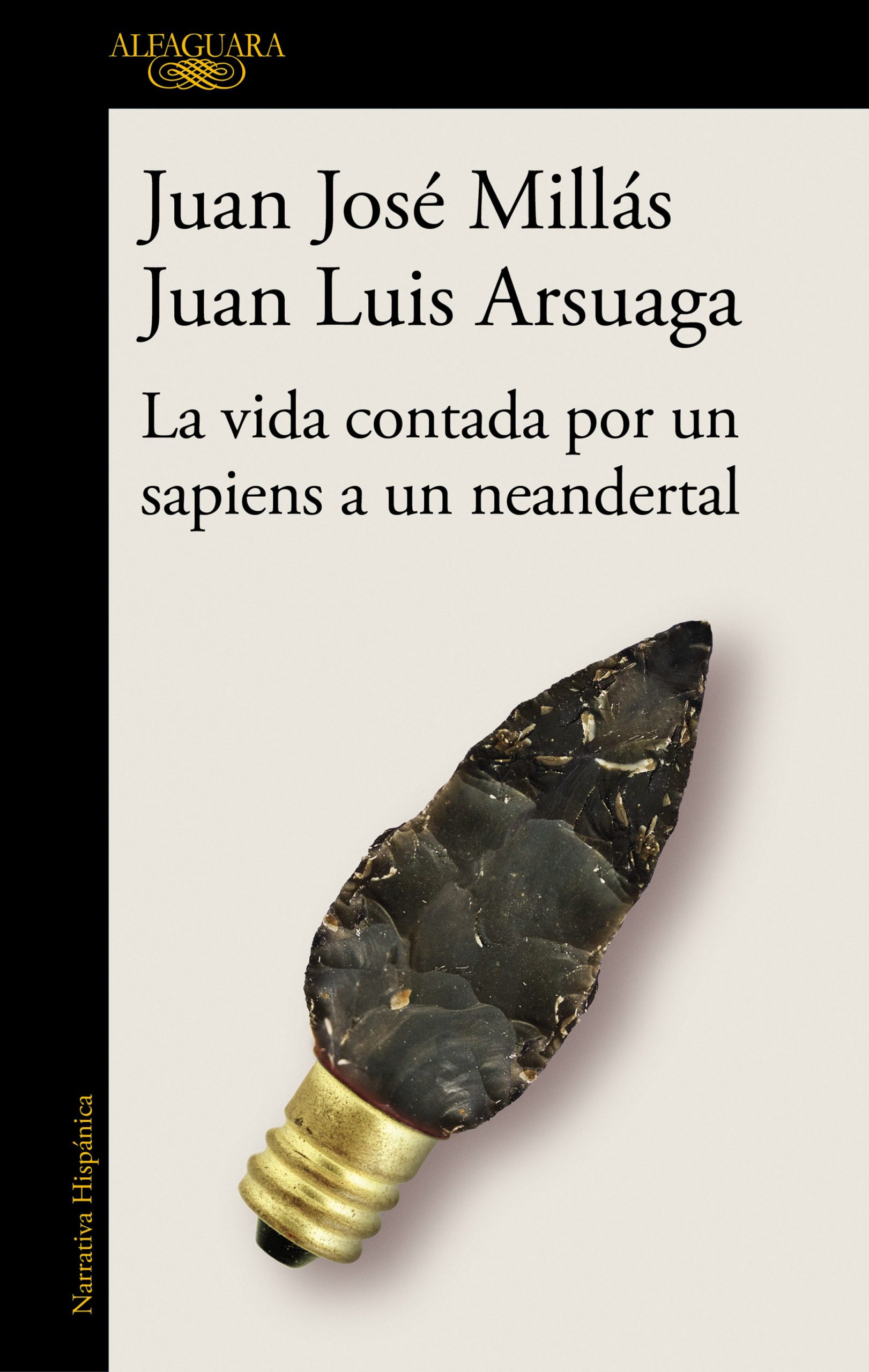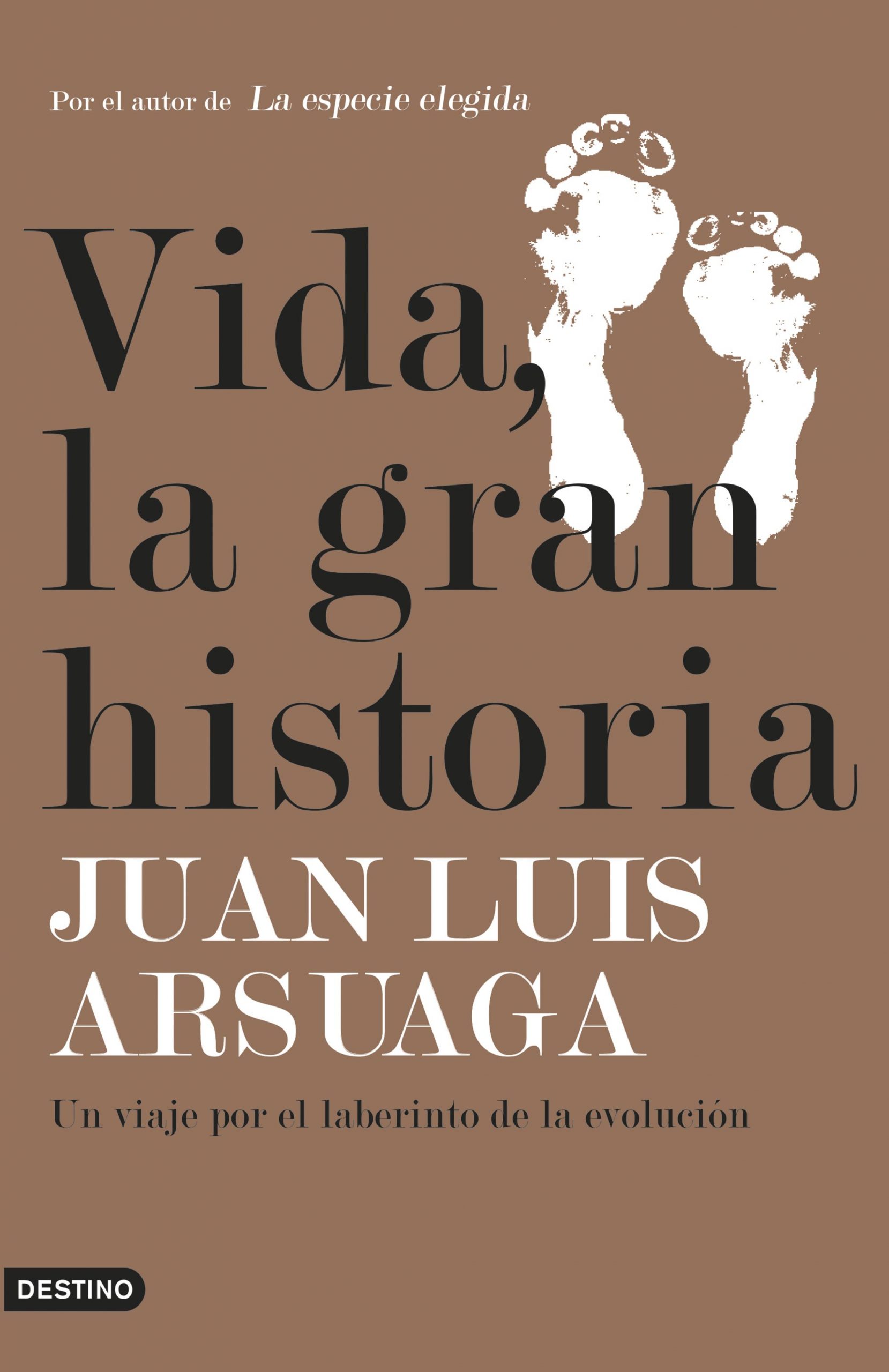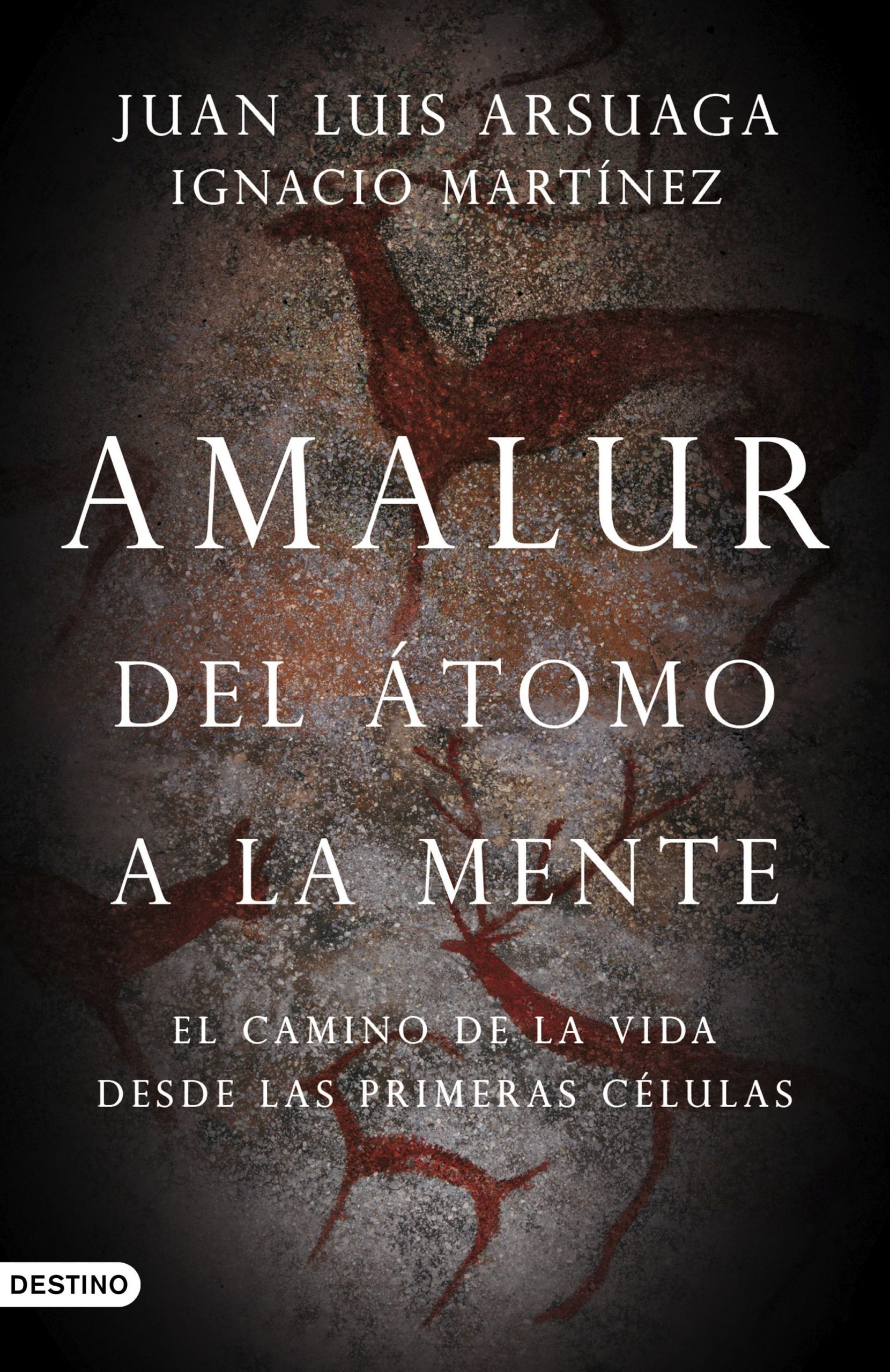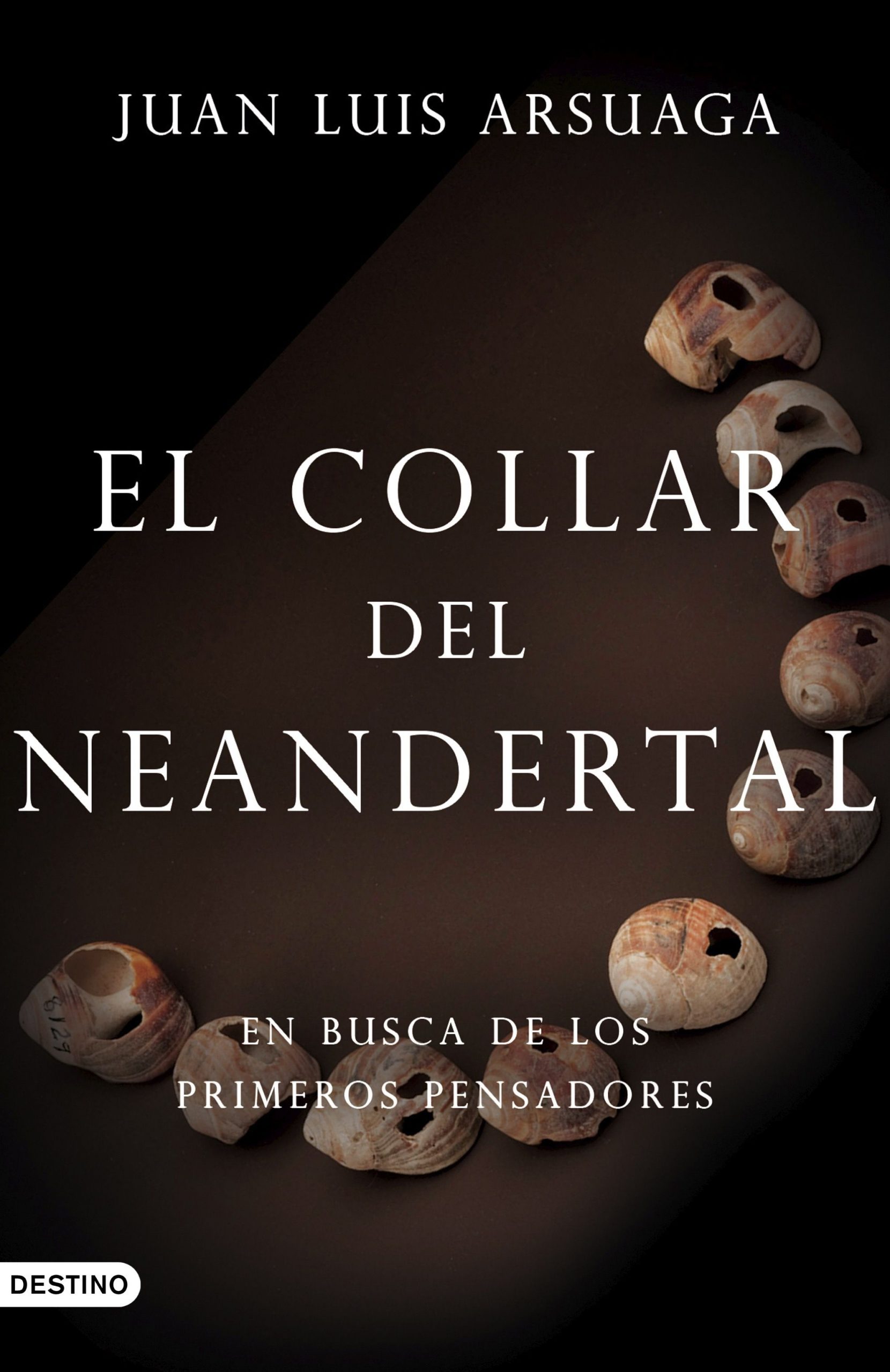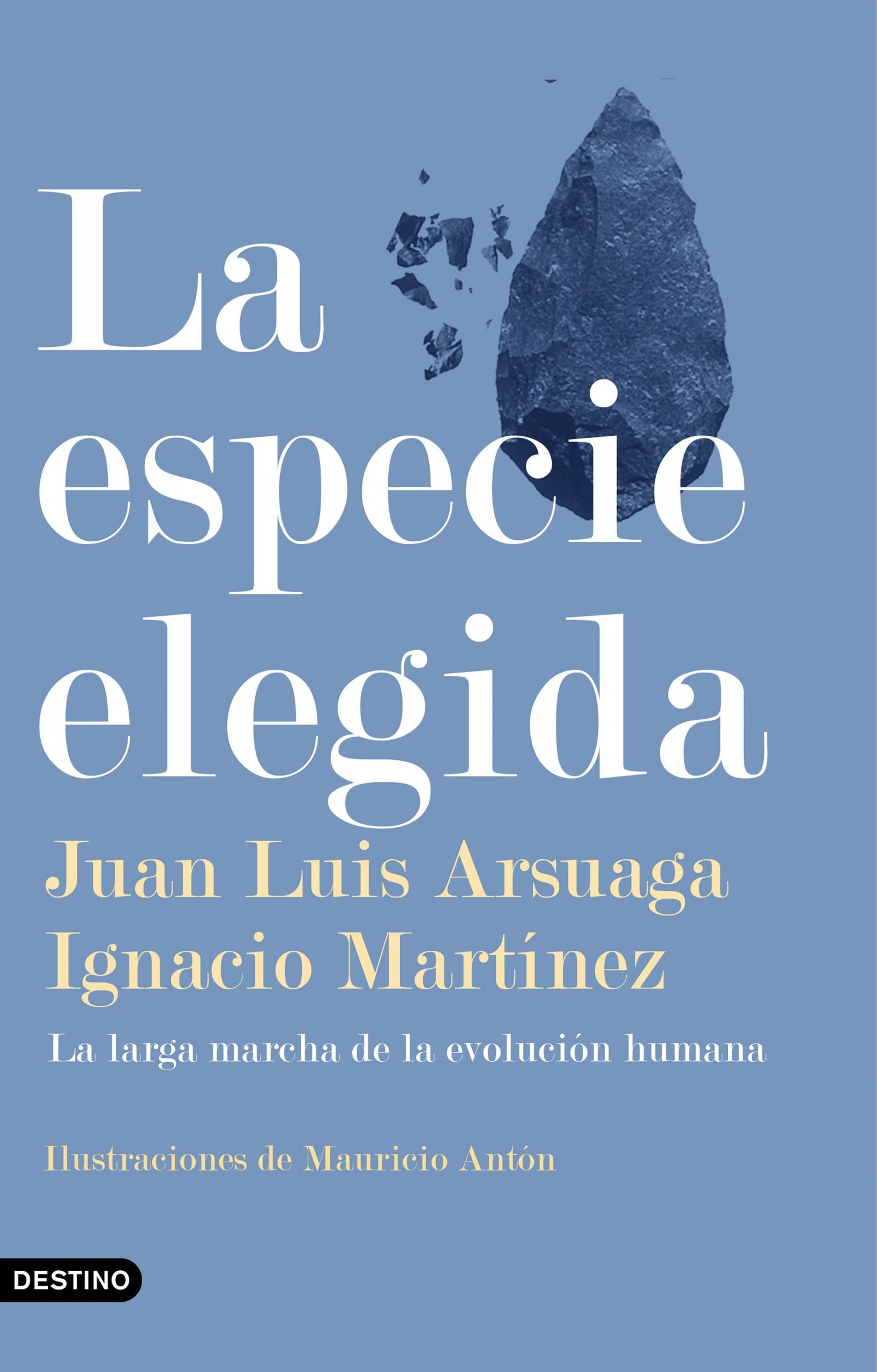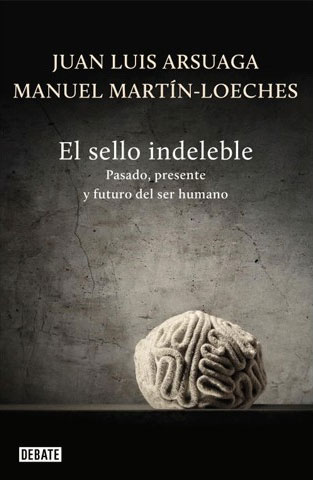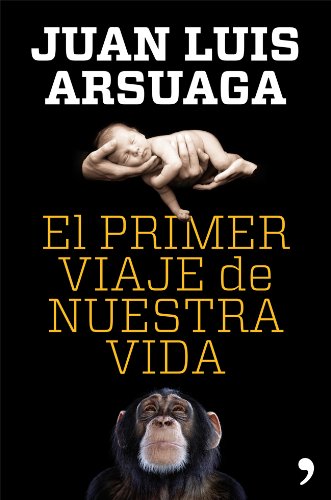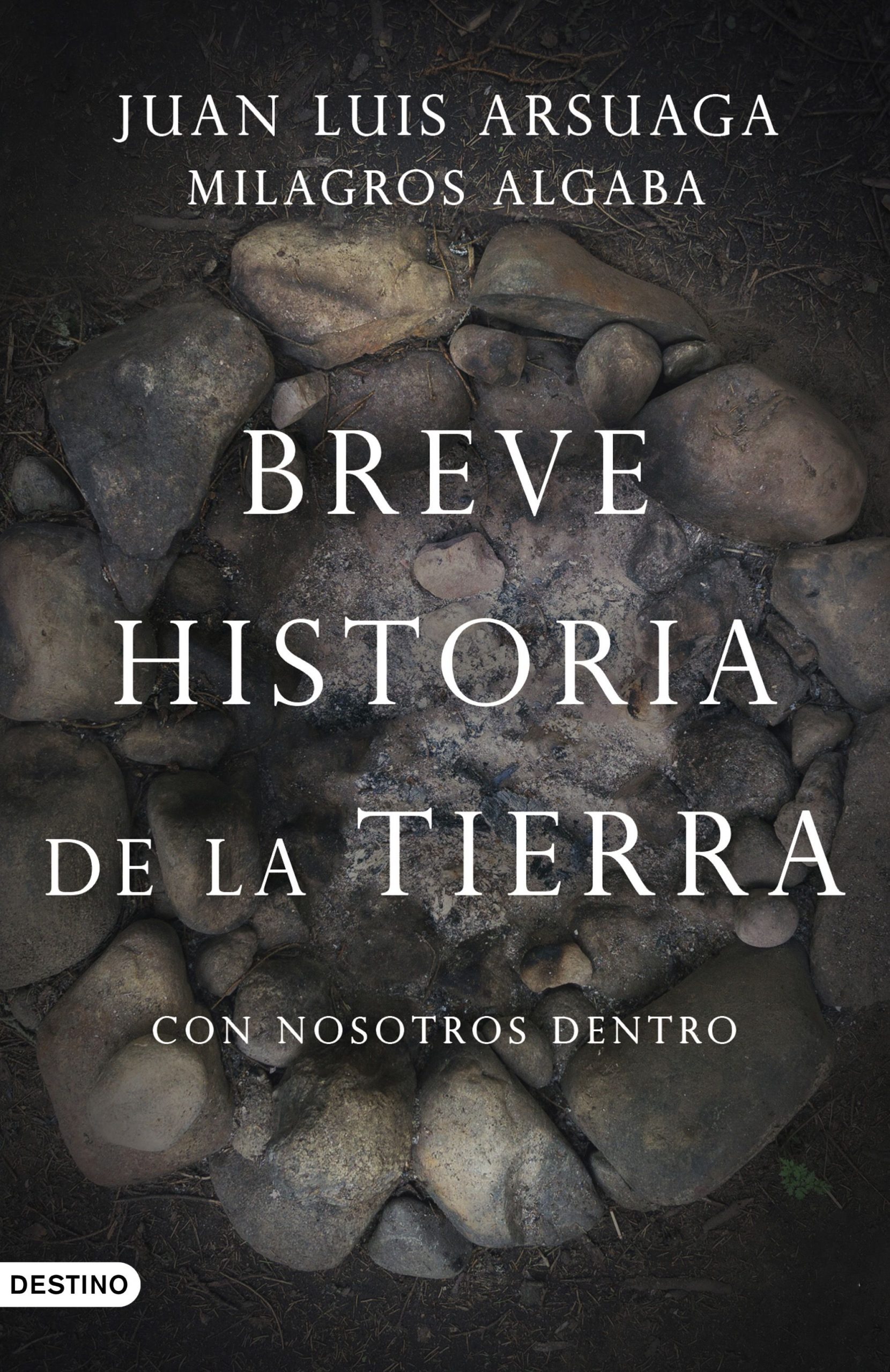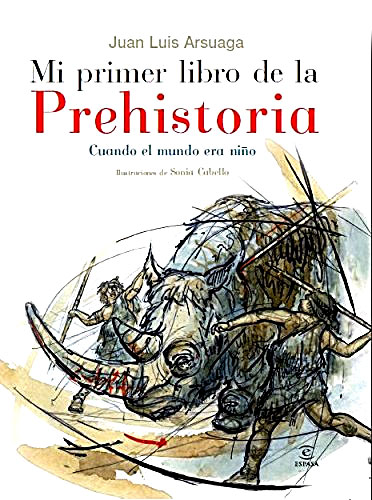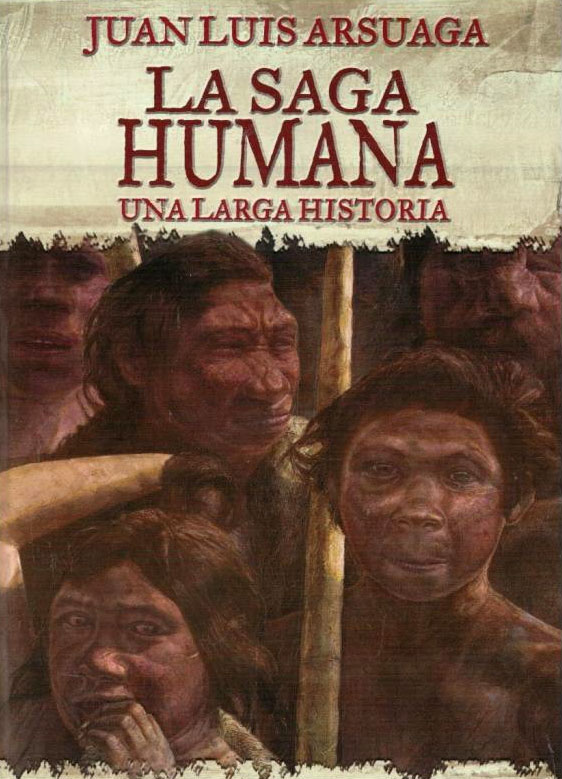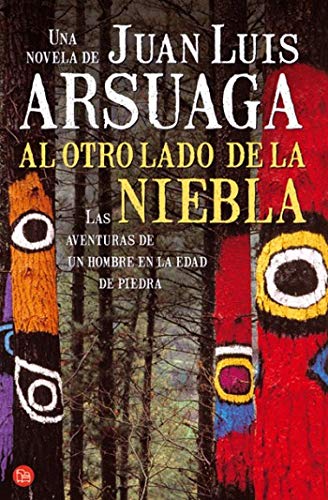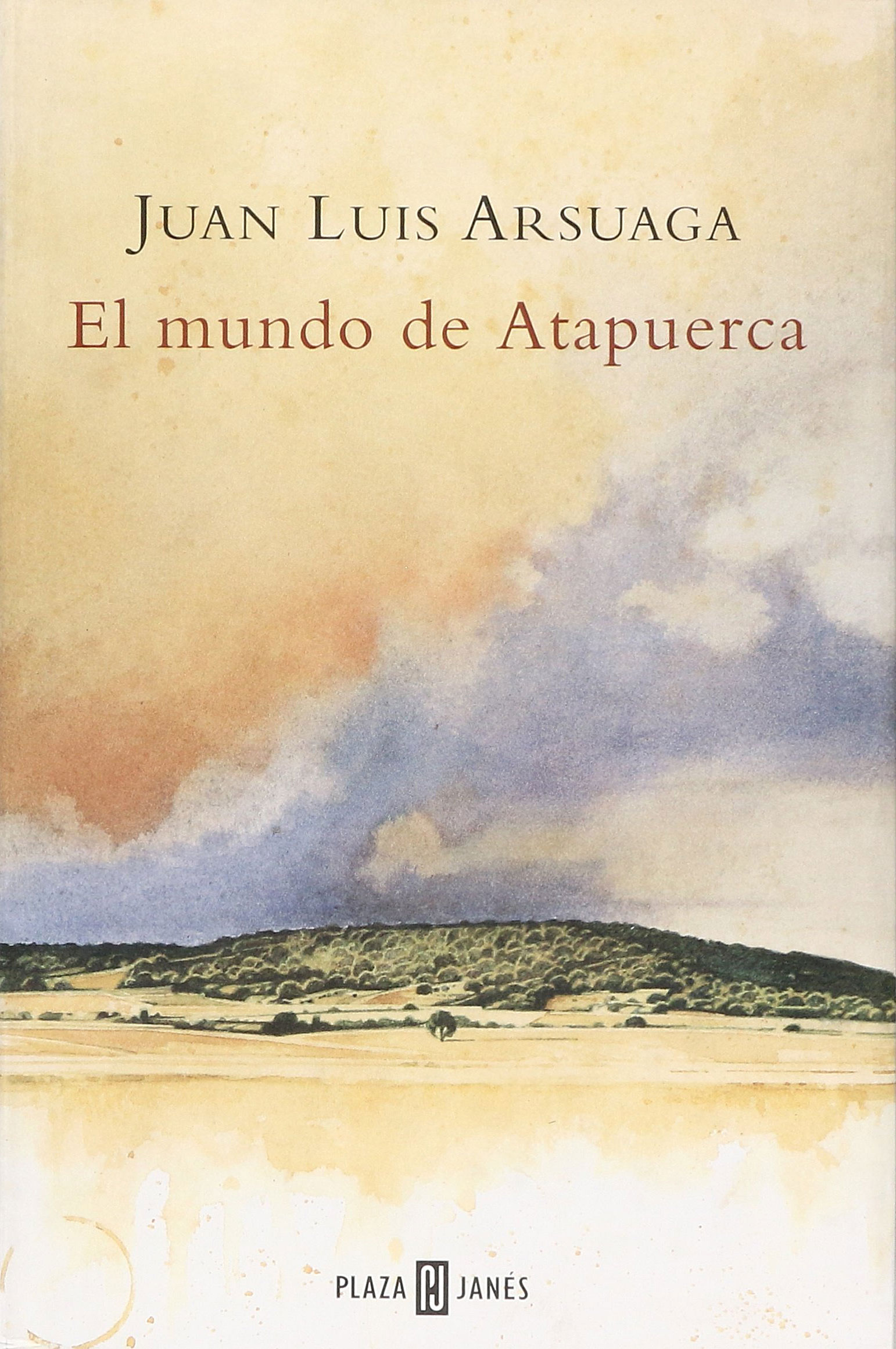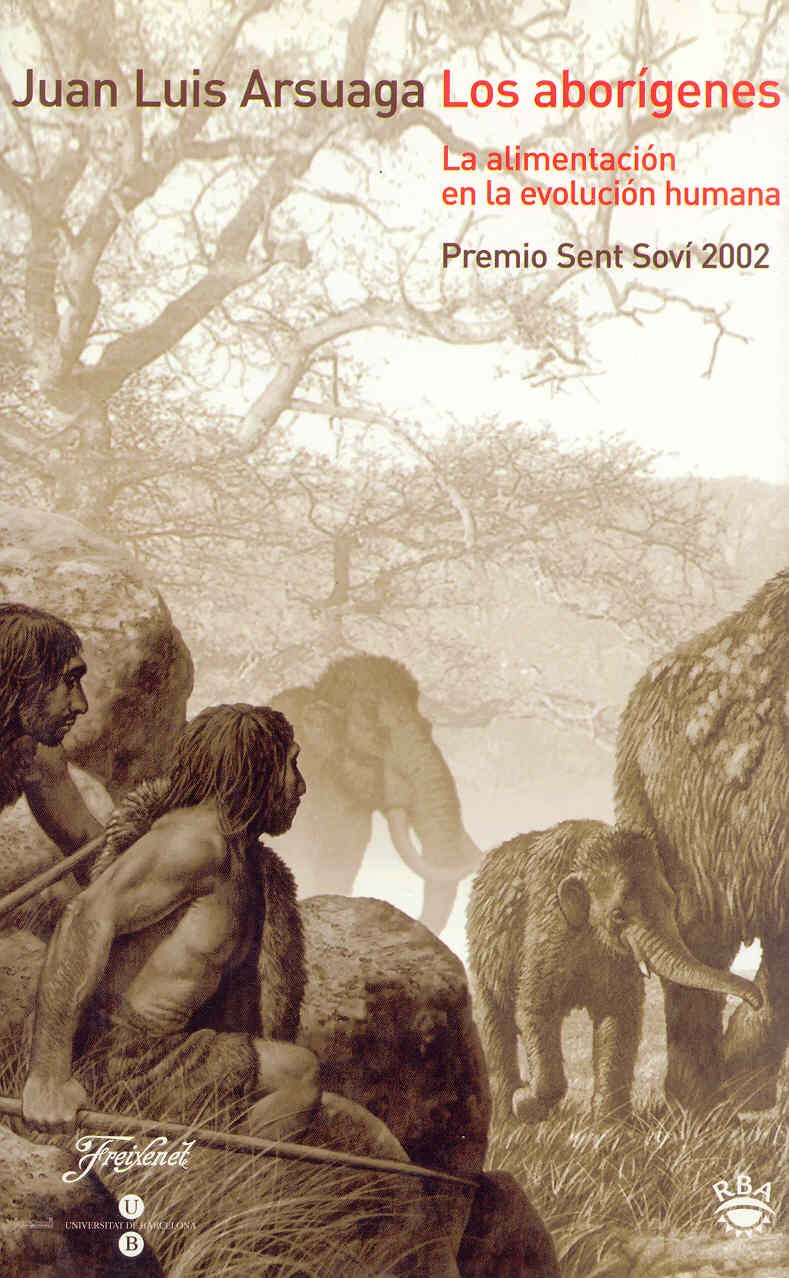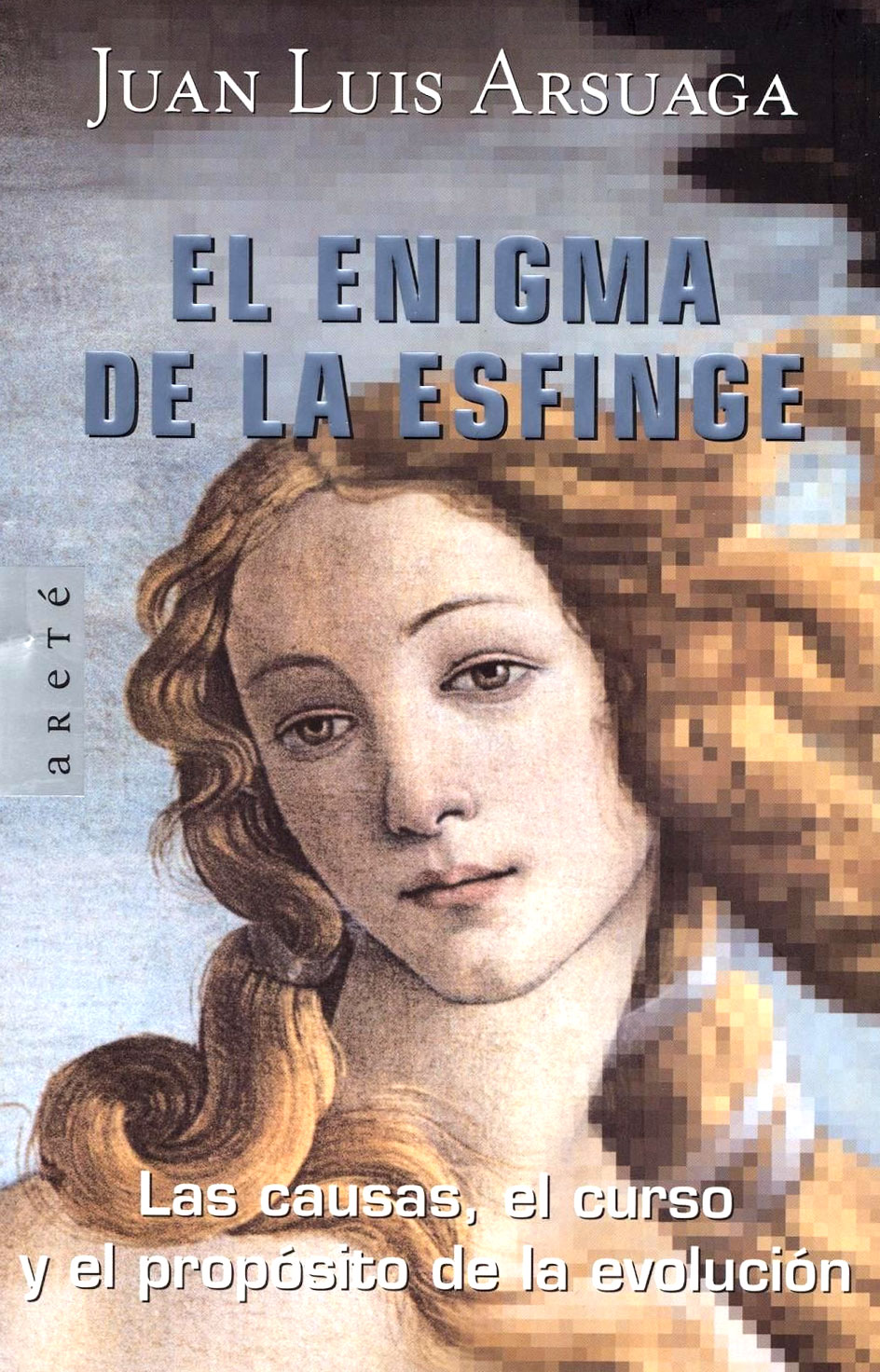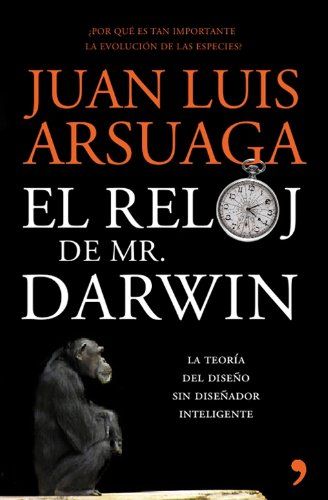
El reloj de Mr. Darwin
Can a clock build itself? How could a complex organism come to be spontaneously? In 1859, a very rigorous and prestigious scientist named Charles Darwin, proclaimed he had found the answer to the ultimate question, and called it “natural selection”. A few years later, he demonstrated our species has the same evolutional origin as any other of the innumerable life forms with which we share the planet. Darwin was a great scientist who embarked, at 22 years of age, in an adventure that would last his whole existence, and since then we see the world and ourselves in a different way.
Nobody better than the paleontologist Juan Luis Arsuaga to explain how the idea of the evolution arised in Darwin´s mind, little by little, gaining strength, while his body became weak and ill. Arsuaga offers an interesting take on Darwinism, integrating in the same discourse different scientists of varied times, from the ones previous to Darwin to the last contributions of the 21st century, and helps us to better understand this passionate debate.
